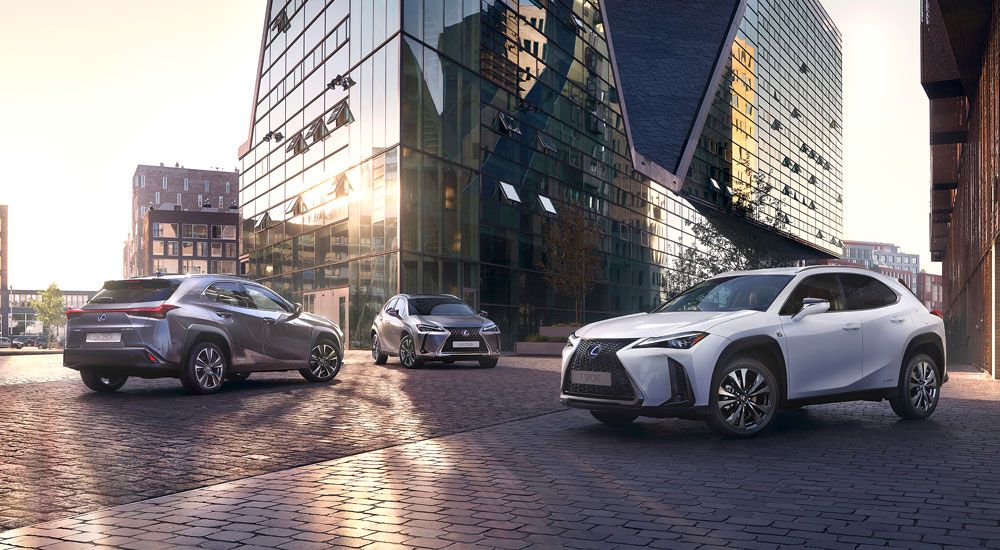With every Lexus model, there are specific ideas and themes that help to shape the overall design. For the new UX crossover, two very different concepts influenced its appearance: an anime robot from the 1980s, and a Japanese-style house verdana called Engawa.
The cartoon robot Mazinger Z was a warning sign in the early design stages of the UX, as chief engineer Chika Kako did not want the crossover to resemble the anime legend — from Cool Hunting:
When Chika Kako, the first woman chief engineer at Lexus, saw designs for the brand’s all-new UX subcompact crossover, she thought of childhood days spent watching anime cartoons with her brother. The SUV’s rear lights reminded her of Mazinger Z, a hulking manga robot on the small screen in the late 70’s and early 80’s. It was a good look for an animated character, she thought, but not on the latest addition to the Lexus line-up.
“The original shape was really unnatural-looking,” Kako tells us via a translator at the vehicle’s global launch in Stockholm earlier this month. Once she told the all-male design team to soften the aggressive exterior, they got the message. “Simply by mentioning Mazinger, they understood what I meant.”
Engawa is essentially a porch that surrounds Japanese homes, extending the living space out into the world — from the Robb Report:
Because of the vehicle’s small size, [chief designer] Suga and Kako wanted to give the interior a greater sense of space. To achieve this, they drew inspiration from Japanese architecture. “We have this concept where you use the outside space as a continuation of your environment,” Suga says.
“Japanese houses are very small, but they have large windows, so the mountains and trees and nature outside are like a picture, an extension of your living space.” Kako adds, “One thing I asked for right away was this line that goes from the dashboard and continues to the outside of the fenders,” she says. The result was not only a sense of openness but also a commanding view of the road, despite the vehicle’s relatively low seating position and center of gravity (no top-heaviness here).


Comments